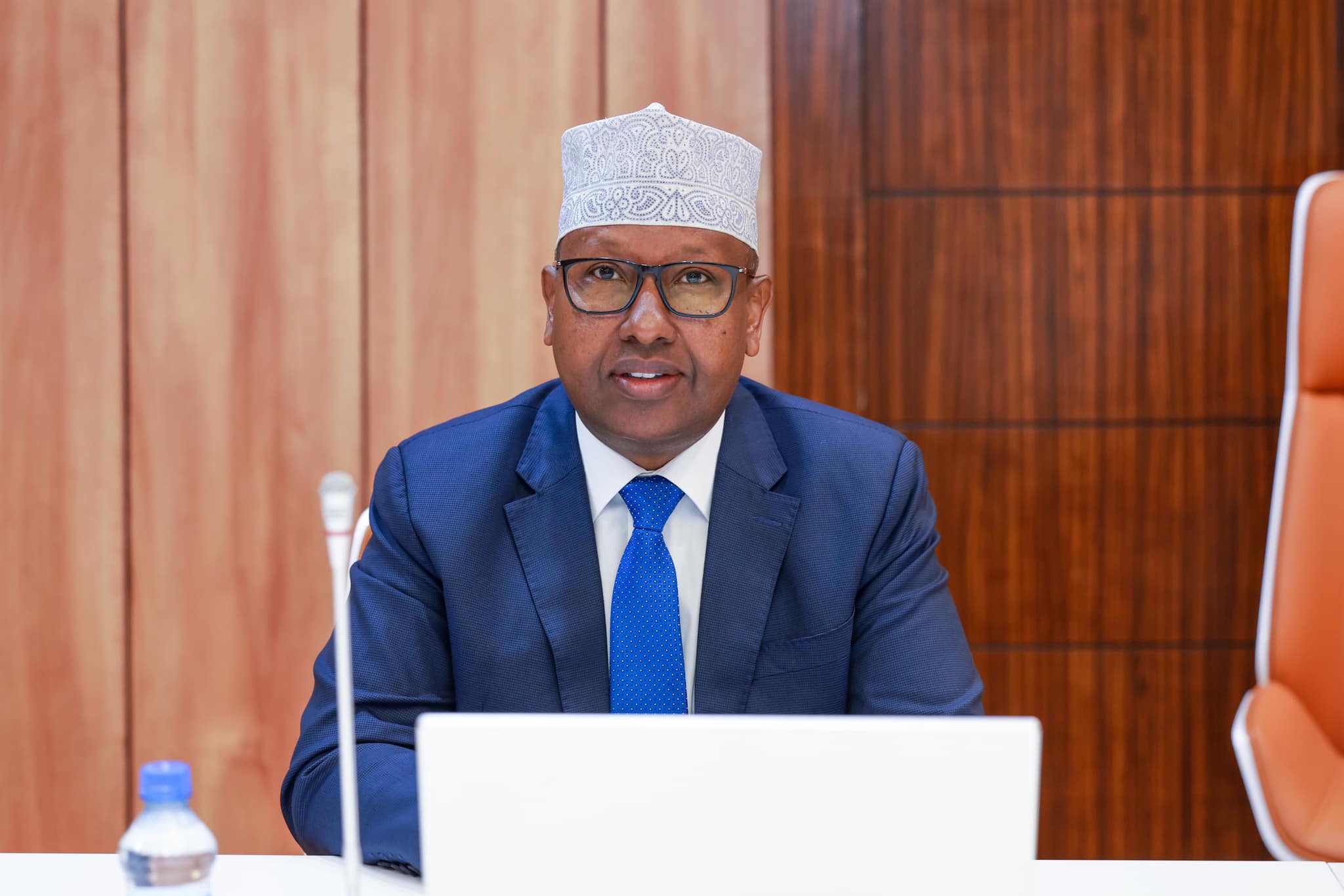The Ethiopian Sugar Industry Group (ESIG) opens yet another tender for the procurement of sugar despite the fate of its recent bid still being up in the air.
The Group which is responsible for matters sugar in the country has tapped into the local supply of the sweet but has also doubled down on imports to bridge the gap in the market. To this end, in the current financial year, the Group opened a bid early November 2022, to which a company relatively new to the Ethiopian market, Osirius Group, was selected to supply 200,000 metric tons of sugar owing to its lowest bid offer compared to other two bidders.
According to sources, ESIG has now opened an international tender on Wednesday May 10 for the procurement of 200,000 metric tons of sugar.
As per the information that Capital obtained, seven companies have submitted their interest to supply the basic commodity, which is highly scarce in the market at the moment.
Despite the name of the companies who have shown interest in the bid not being disclosed, experts who closely follow the sector described that more than half of the interested bidders are new to the market in Ethiopia.
As experts opine, this is a potential red flag waiting to burst the procurement process and traced such challenges to procurement failures of sugar and wheat in the recent past.
“At the time, two companies; Marthina Mertens Sampl Lebensmittel Handel Food Trading and Rosentreter Global Food Training, which claimed to be registered in Germany and Turkey respectively and new for such kind of huge procurement defaulted by not meeting their commitment despite offering highly competitive rates against other bidders,” experts who follow the public procurement closely recalled the burst of the process that the government faced in the pre COVID era.
The failure to procuring the wheat forced the country to pay very high amounts of foreign currency because of the delay on the procurement which was then hammered by the outbreak of COVID 19 which added salt to injury in addition to government’s urgent need of obtaining the commodity.
Experts drew comparisons between the scenarios of wheat to that of sugar citing that in the past over a one year the Group has been unable to buy sugar through the bid.
In the last 12 months, the Group has floated five bids to which four have failed while the fate of the fifth is yet to be known.
One of the first bids came from Millhouse International, a company pinned in South Africa which was successfully selected on the bidding process as per its competitive price to supply 200,000 metric tons of sugar but later fell short to come up with the performance bond.
At the current stage Osirius Group of USA, which was selected on the fifth bid to supply the same amount of sugar, did indeed provide the performance bond but there is no information at hand with regards to the product shipping.
Sources that closely follow the sector argued that the company has not started delivering the commodity despite the bidding process having taken more than five months.
“On this circumstance now the Group has opened another tender for the supply of the sweet which is now highly priced due to spikes in the global market,” experts claim, adding, “We fill that the government or ESIG board, which includes highly experienced and qualified individuals, ought to be vigilant.”
According to the global market, the sugar price skyrocketed due to different factors.
At the current stage, the price is more than USD 800 per ton which was lower than USD 500 about five months back.
Experts argued that the current bid offer will be very high compared with the bid that was opened late 2022, which was given to Osirius which coincidentally is not known on the global commodity trading scene and new for the Ethiopian market as well.
According to the latest bid document, the sugar will be shipped starting from June and the payment process is on a 12 month deferred letter of credit.
The group which manages about eight active farms with milling facilities stated that several external and internal challenges have hampered its activities making it to not attain its maximum potential.
For the current budget year that will end in July 7, ESIG is projected to fulfill the production of 2.27 million quintal of sugar, which is half of its capacity.
Early April Reta Demeke, Public Relations Head at ESIG, cited that the millers have so far produced 858,000 quintals of sugar this season, which mostly picked up pace at the end of the rainy season.
Ethiopian sugar millers have a capacity to produce over 4 million quintal per annum, while the actual demand is estimated at about six million quintal.
Regarding the supply of Osirius, Reta recently told Capital that the process to start shipment faced delays unlike the past experience owing to the US Company providing its performance bond later than expected,“At the moment, the Group has opened the letter of credit to proceed with the import that will be loaded from Brazil.”
“Regarding import such kind of obstacles was not seen in the past, but the process is currently ongoing,” Reta said about a month ago.
Sector experts opined that due to lower local production and delays on import, the market has been widely covered by francovaluta.
Sugar is a source of input for several industries besides basic commodity for the wider community.
Capital’s effort to get information from ESIG was unfruitful.










